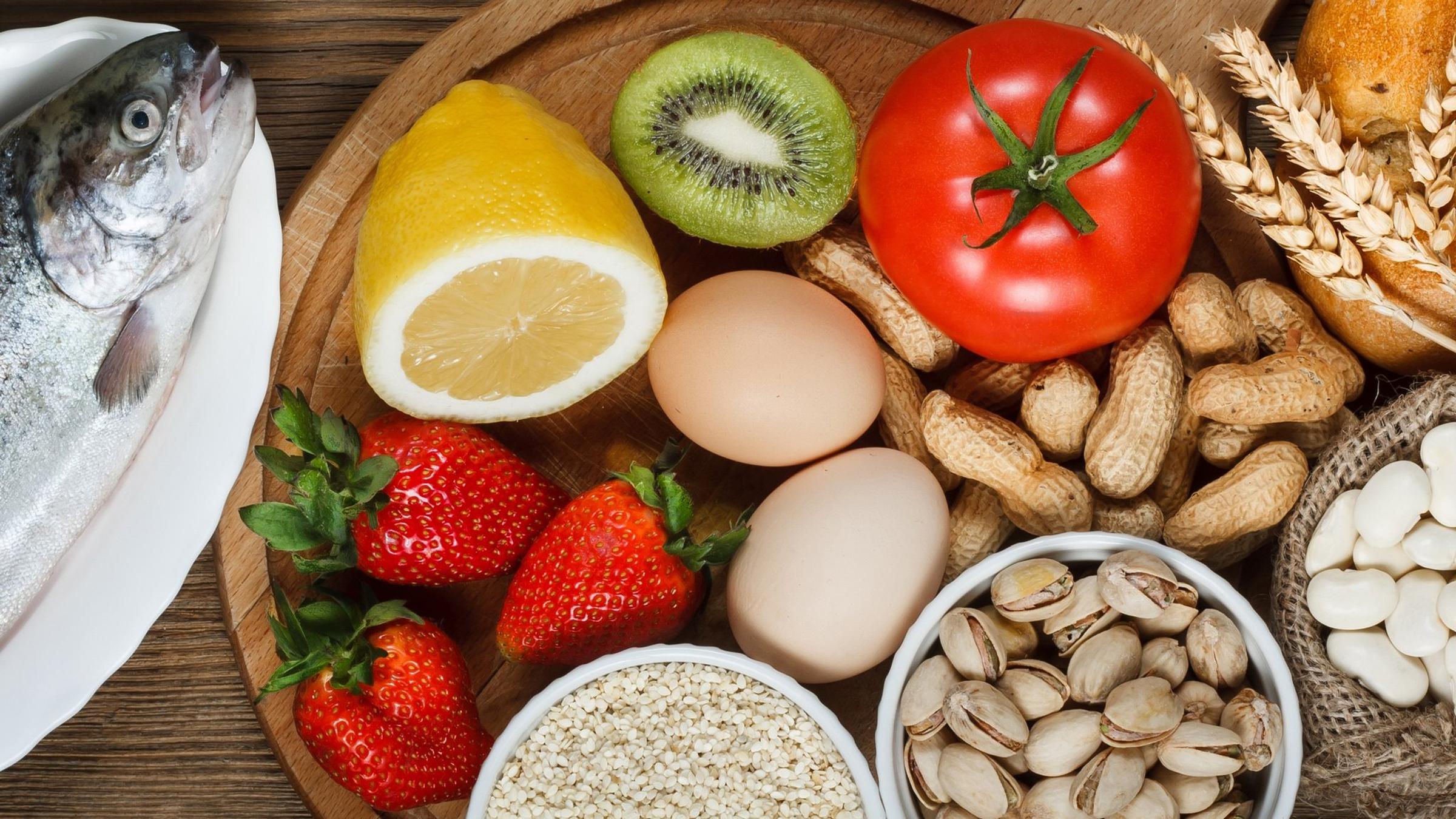Management of Food and Allergies at School

Rowville Primary School has several students in each year level that have been diagnosed with a potentially life threatening food allergy - Anaphylaxis.
An allergic reaction triggered by a small amount of food eaten or touched can be rapid in onset and progress quickly to a life threatening emergency.
According to the Education Department’s duty of care obligations to students, schools are required to ensure all students feel safe and supported at school. This includes supporting and responding to students with mild to moderate allergies. An allergic reaction can be traumatic for the student and others witnessing the reaction.
It is important to be aware that some students with an allergy may not wish to be singled out or seen to be treated differently.
Common allergens include:
- Peanuts
- Pinenuts
- Tree nuts such as cashews, almond and walnuts
- Eggs
- Fish and shellfish
- Sesame
- Seeds
- Kiwi
Therefore, considerations in how our school implements risk minimisation for our children.
- Food may not be shared between students and washing hands before and after eating is encouraged.
- We discourage food with high risk of allergic reactions or known allergic reactions to individual students, being brought to school, such as peanut butter, Nutella, sesame seeds and foods containing these items. The oils from these products can transfer to door handles, drinking taps etc causing a life threatening anaphylactic reaction.
- Children at risk of food anaphylaxis should eat food that is supplied by their parents or food that is agreed to by parents prior to a given event.
These are just some of the ways that Rowville Primary School is working to ensure that duty of care obligations to our students are in place, to ensure all students feel safe and supported at school.
Parents are asked to please consider these obligations when sending food along to school with your child.
